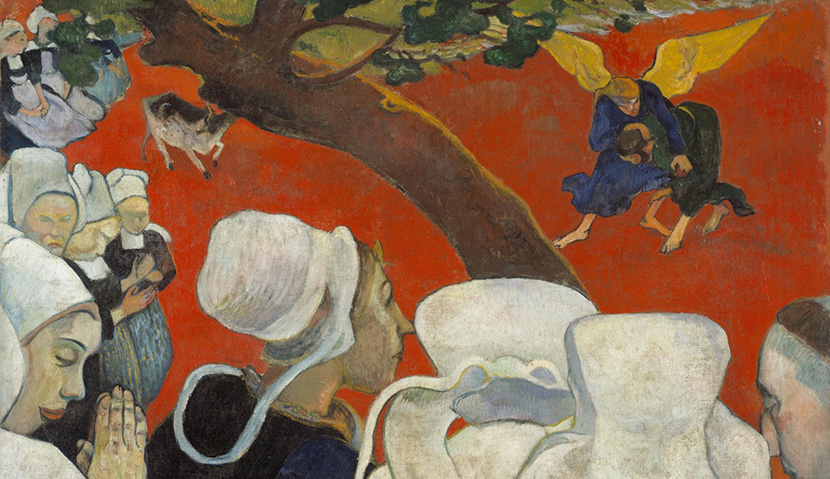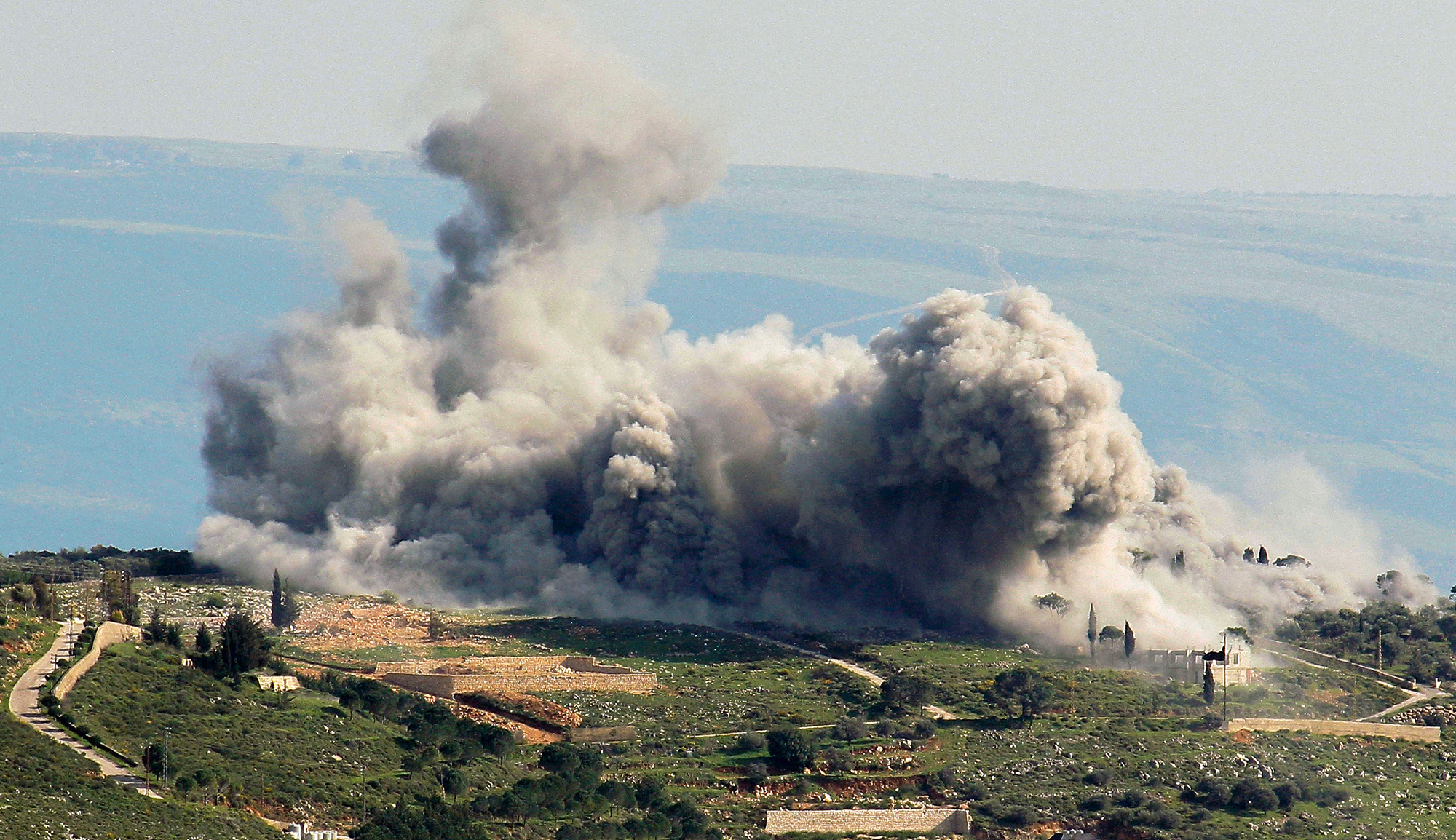Earlier this summer, a New York Times column by the American-Israeli writer Ruth Margalit ran under the headline “How Benjamin Netanyahu Is Crushing Israel’s Free Press.” Her main complaint: the government’s failure to outlaw the free, popular, and privately funded Israel Hayom, followed by efforts on the part of the prime minister and his press office to engage in spin. Matthew Continetti comments:
For anyone even remotely familiar with the Israeli media landscape, Margalit’s charges are absurd. But they are also deeply revealing—of a bankrupt Israeli left that is powerless, isolated, unpopular, unlamented, and vengeful. Defeated at the polls, the left in Israel mobilizes external pressure—the Diaspora, J Street, President Obama, the UN, nongovernmental organizations, [the] foreign press—to compel the Israeli government to enact the very policies the Israeli public rejects. It is a strategy of delegitimization, of convincing world opinion, such as it is, that Israel is neither liberal nor democratic and therefore undeserving of moral approval, foreign aid, and other forms of diplomatic support. . . .
What the left despises about the new Israeli media is not its form but its content. Israel Hayom leans right, supports Netanyahu, is unapologetically Zionist and patriotic, and is tied to the casino magnate Sheldon Adelson. It is also incredibly popular. . . .
The narrative of persecution offered by Margalit serves two functions. It explains the left’s continued failure in elections by ascribing losses to a vast right-wing conspiracy to control Israeli media and politics. And it turns meager journalists whose views are not shared by the public into heroes fighting a righteous battle for morality and justice. . . .
Margalit quotes a journalist who says, “Sometimes competition is the refuge of the antidemocrat.” How incredibly wrong that is. The last refuge of the antidemocrat isn’t competition. It’s the New York Times.
More about: Freedom of Speech, Israel & Zionism, Israeli media, New York Times


